Carolina-Muslims-300x150.jpg" alt=""That’s the greatest myth of Carolina, that Carolina’s very inclusive," Shamira Lukomwa said. (Photo: On Islam)" width="350" height="175" /> “That’s the greatest myth of Carolina, that Carolina’s very inclusive,” Shamira Lukomwa said. (Photo: On Islam)
Carolina, 22 Jumadil Awwal 1426/12 March 2015 (MINA) – One month after the tragic murder of three young American Muslims, somber mood is still dominant at North Carolina State University’s campus, where Muslim students grapple with the question if campuses truly welcome them.
It’s been a “painful emotional roller-coaster” for students, Adeel J. Zeb, Duke’s Muslim chaplain and director of Muslim life, told The Chronicle of Higher Education on Wednesday, March 11. The university’s Muslims had “a very strong feeling that it could have been any of us.”
Last month, three young American Muslims, Deah Shaddy Barakat, 23 his wife Yusor Mohammad Abu-Salha, 21 and her sister Razan Mohammad Abu-Salha, 19, were found dead at a condominium complex off campus, On Islam quoted by Mi’raj Islamic News Agency (MINA) as reporting.
The gunman, identified as 46-year-old Craig Stephen Hicks, reportedly turned himself into police. Till today, the iconic symbol of the tragedy, black-and-white outlines of the victims’ heads and hijabs, with the tagline “Our Three Winners”, is still displayed on students’ Facebook profile pictures.
Also Read: UN Member States Renew Calls for Reform as Organization Marks 80th Anniversary
Barakat was a student at Chapel Hill’s dental school; his wife had been accepted there. Both were North Carolina State graduates. The younger Razan was a sophomore at North Carolina State. The trio’s death sparked a stream of charity events, including food drives and basketball tournaments. The University also set up a scholarship fund to honor the victims.
In a tightly-knit Muslim community, grieving friends are talking about Deah and Yusor’s wedding, and Razan’s passion for art and the trio’s compassion.
They recalled how Deah and Yusor were involved in a charity to help Syrian refugees receive dental aid, and how at the time of his death, Deah was raising money to provide dental care to refugee students in Turkey this summer. “They’re just a huge, huge part of the community,” said Hana Haidar, a senior at Chapel Hill.
“I don’t think there’s anyone who didn’t know them.”
Also Read: Trump Warns Israel Could Lose All US Support Over West Bank Annexation
Hard Times
The iconic symbol of the tragedy, black-and-white outlines of the victims’ heads and hijabs, with the tagline “Our Three Winners”, is still displayed on students’ Facebook profile pictures.
The murder of the three young Muslims followed a difficult semester for Muslim students throughout the state of North Carolina.
At Wake Forest University, students and administrators had to rally behind the associate chaplain for Muslim life, Khalid Griggs, after an alumnus waged a fierce campaign accusing him of being a radical jihadist.
Also Read: Trump: Israel ‘Not Going to Do Anything with West Bank’ After Annexation Vote
Later in January, Duke University canceled an earlier decision to broadcast Muslims’ call to prayer, or Adhan, from the bell tower of the campus’s iconic Duke Chapel.
Moreover, many Muslim students found themselves forced to take off their hijab to avoid prejudice, Ali Sajjad, president of North Carolina State’s Muslim Students Association, said.
“It’s crazy to think that people are being barred from their beliefs, that they’re forced to change because they’re scared,” he said.
Shamira Lukomwa, president of the UNC Muslim Students Association, shared a similar opinion. “That’s the greatest myth of Carolina, that Carolina’s very inclusive,” she said.
Also Read: Mahmoud Khalil Accuses Trump Administration of Silencing Pro-Palestine Voices
“In the end, it’s just a bunch of small communities that are in this area, and there’s not very much dialogue and interaction unless it’s about larger similarities.”
Other students are trying to move on. “It’s obviously something I’ll never forget, but at the same time, I recognize that life does go on,” said Ahmad Saad, a senior at Chapel Hill who was friends with Mr. Barakat.
“That’s just the nature of us as humans, of us especially as college students. Every day is 100 miles an hour. It’s on to the next assignment, on to the next group project, on to the next whatever.”
Yet many students who knew the victims still think about them all the time. “It’s hard for a lot of us to return to a state of normalcy because they’re in the back of our heads,” Sajjad said.
Also Read: Trump Confirms Gaza Ceasefire Still in Effect Despite Israeli Violations
“I’m playing basketball, thinking of Deah in the back of my head. I’m just off my game, just not feeling it.”
“I’ve been here four years, but I’ve made so many connections to people just this month,” he said. “There’s been a real sense of unity.”
Support from all over the community was also helping. “Regardless of faith, regardless of race, regardless of age—all these different little divisions that we separate ourselves by have been transcended,” Saad said.
“It’s a very cool thing to watch.” (T/P011/P3)
Also Read: Massive ‘No Kings’ Protests Erupt Across 50 US States Against Trump’s Hardline Policies
Mi’raj Islamic News Agency (MINA)





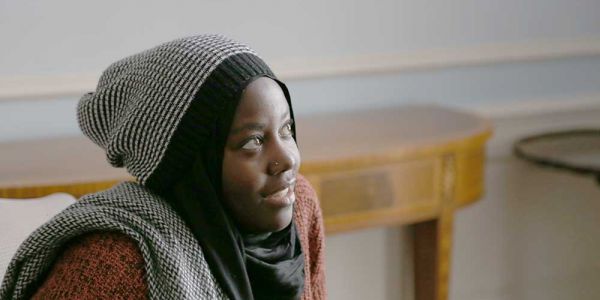

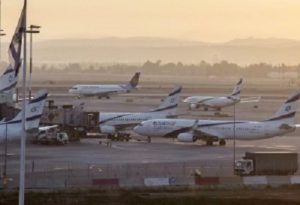
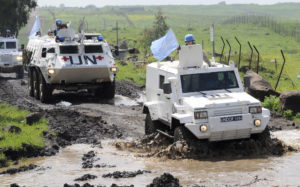
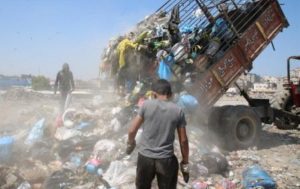
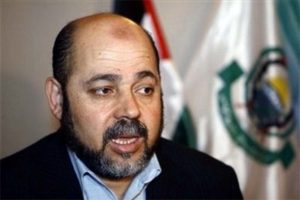
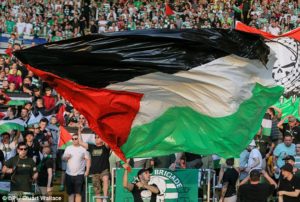
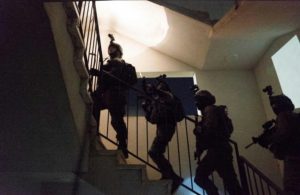
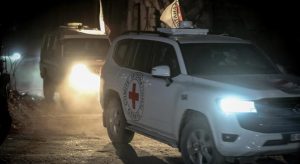

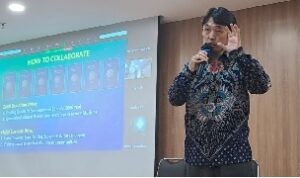
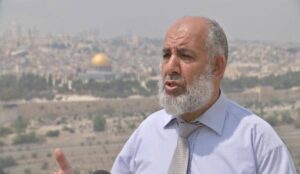
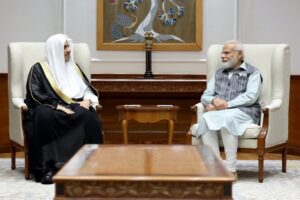
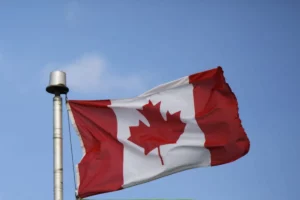
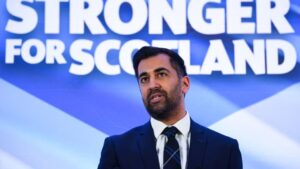
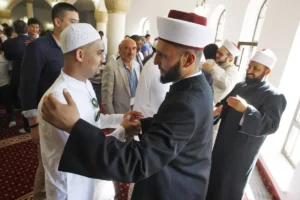







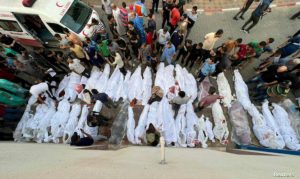






 Mina Indonesia
Mina Indonesia Mina Arabic
Mina Arabic